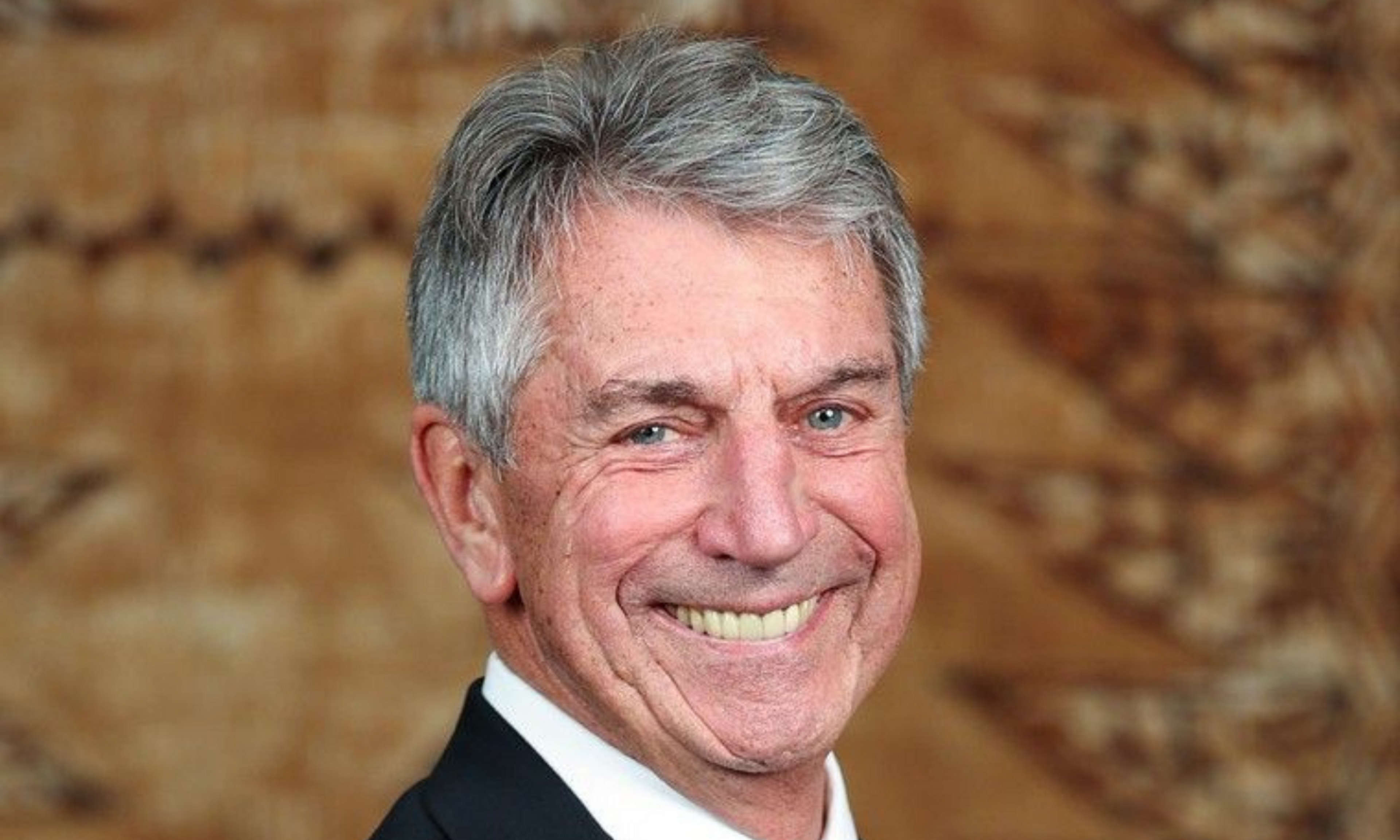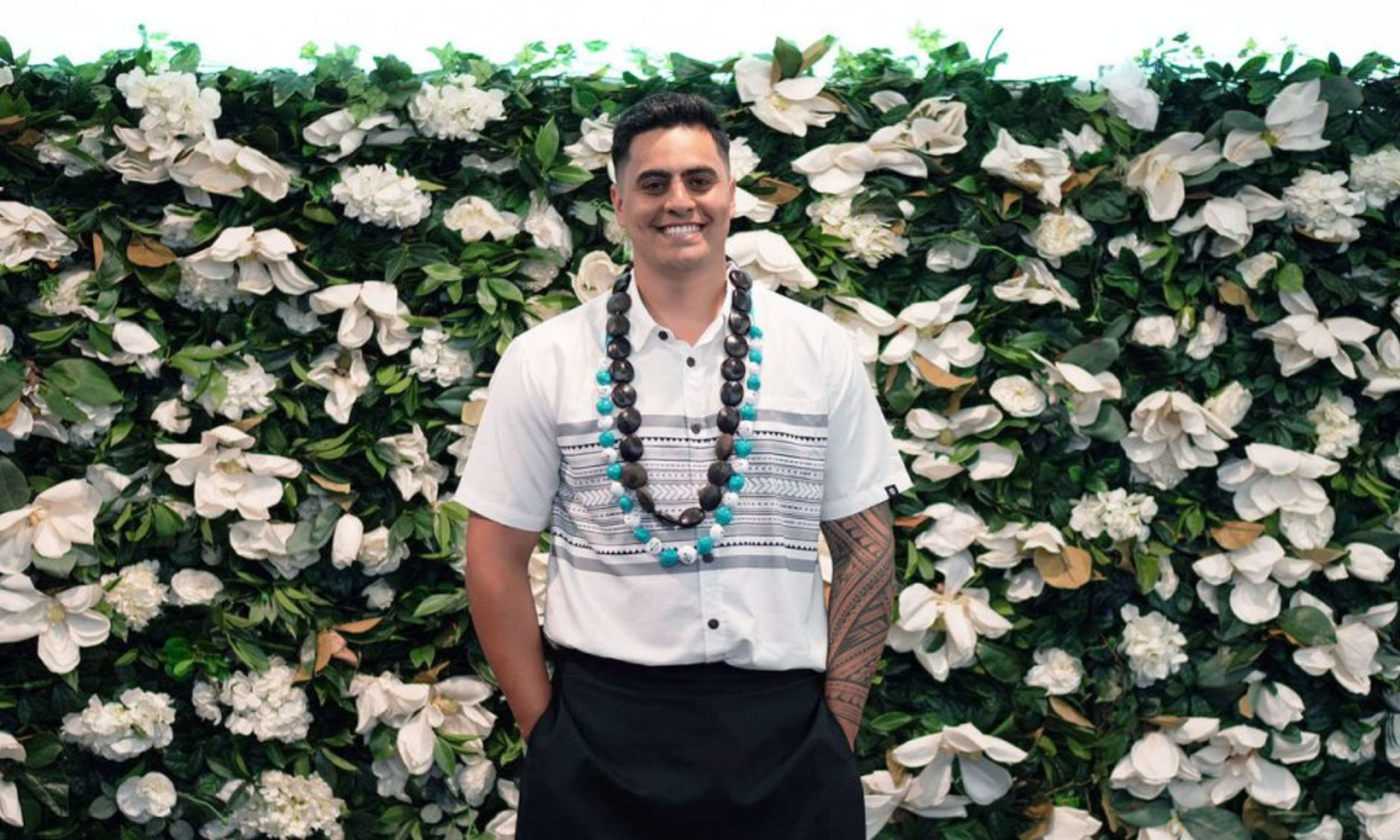

Chief Ombudsman Misa Peter Boshier.
Photo/File
Ombudsman urges Pacific engagement on disputes, grievances
Misa Peter Boshier reflects on his tenure and the significant role the Ombudsman's office plays in upholding fairness and justice.


Excellence and possibility: Meet the new face of Pacific medicine in Aotearoa

Top 10 Pacific Island songs you need on your summer playlist in 2025


Our generosity is our strength but we must spend wisely this Christmas - expert

Excellence and possibility: Meet the new face of Pacific medicine in Aotearoa

Top 10 Pacific Island songs you need on your summer playlist in 2025

The outgoing Chief Ombudsman has a special relationship with the Pacific.
“It's deep in my heart”, says Peter Boshier, who was bestowed with the chief title of Misa after his work in Sāmoa training judges in the early 2000s.
“After that, I did a lot of work in the Pacific on youth justice and domestic violence, so there's no way I can park the Pacific and the Pacific blood that's in me.”
Boshier was appointed Chief Ombudsman in 2015 after an established career as a judge.
Speaking to William Terite on Pacific Mornings, Boshier said his work involved looking into grievances or problems for a person and making recommendations on how to put it right.
“So really, the Ombudsman, we use the term in Māori, katiaki mana tangata, which means a person who looks after the mana of people.
“For Pacific people they'll often be related to decisions made over housing, over visas, over immigration, over money, scholarships, that sort of thing.”
Watch Peter Boshier's full interview below.
Champion for fairness
Boshier said Pacific engagement is something he’d like to continue improving, but he acknowledged barriers can deter people from making complaints to the Ombudsman.
“Straight away for Pacific people that doesn't fit because Pacific people with the personalities are disinclined to cause trouble and disinclined to make a complaint.
“It's getting through a voice queue, it's being able to talk to someone, it's knowing, often when it's your second language, how to express yourself.”
During his tenure, Boshier said the Covid-19 pandemic was a challenging balancing act.
“The government had to be able to govern coercively but not tread over people's rights, so we did several investigations in which we questioned individual decisions that were made, say, people going into quarantine when a loved one was about to die and when it was really so sad for people.
“The other thing we did during that time, Covid time, was prisons and aged care facilities were virtually closed to the world, and we put our foot in both of those places to make sure people's rights were still being looked after.”
A highlight of his time included launching the Nau Mai microsite, which is targeted at youth who may wish to raise a complaint, and Keeping Things Fair, an education programme about fairness and what discipline and conduct are acceptable.
Boshier said it’s been the best job he’s ever had.
“I've just been able to do the right thing, free of constraints that I would have had had I been a judge.
“In this job, you can pursue fairness in the way you feel is the right thing to do.”
Reluctant retirement
Despite showing no signs of slowing down, Boshier’s role has an age limit of 72, and he has been asked to serve in the role for a few more months until a replacement is found.
He hoped the Ombudsman's work would continue to thrive and build strong relationships with the Pacific region and diaspora.
“There are Pacific Ombudsman right through the Pacific, apart from Niue and Fiji, and New Zealand takes a leading role in the organisation and support of Pacific Ombudsmen.
“What I'd most want is when the date looms for me to actually go, I've got the built-in time for people to feel confident that suddenly there's not going to be a major change and the world will change.
“I want what we've built up, which is quite a formidable, talented and well-resourced office. My dream would be that it continues.”